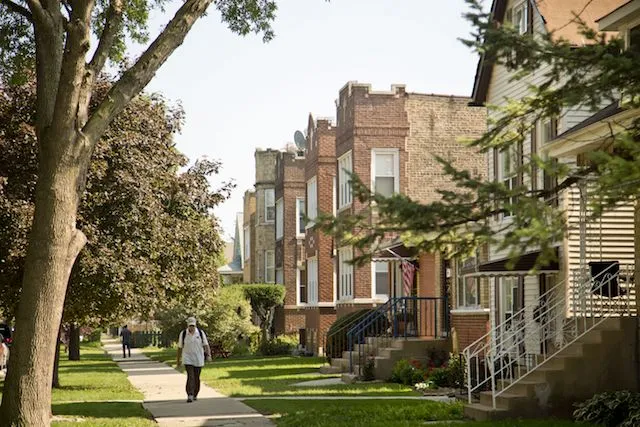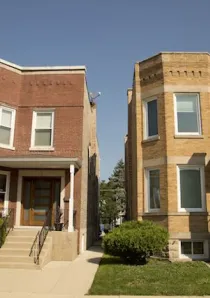The Chicago City Council approved a revised version of the Fair Notice Eviction Ordinance on July 22, 2020. The ordinance, which provides renters with a one-time right to cure before entry of eviction, also modifies landlord notification requirements with varying periods for rental termination or non-renewal notices.
This latest city ordinance geared at landlords and renters is separate from a recently passed ordinance that protects Chicago renters from eviction during the COVID-19 pandemic. That other recent ordinance, aka the COVID-19 Eviction Protection Ordinance, was passed in June 2020 and requires that landlords add an extra seven-day negotiating window to eviction cases when tenants can prove that non-payment of rent is attributed to losses from the pandemic.
Which Housing Types Are Affected by the Chicago Fair Notice Eviction Ordinance?
The proposed ordinance clarifies that the new notice of non-renewal requirements applies to all Chicago housing – not just those dwellings governed by the Chicago Residential Landlord Tenant Ordinance (CRLTO). The ordinance requires all landlords of residential properties in Chicago to provide additional notice of non-renewal or increase in rental rate to tenants, with more advance notice owing to tenants of longstanding tenancies than to those of shorter tenancies.
Specifically, tenants who have lived at a unit for more than three years would be entitled to 120 days of advance notice, tenants of six months to three years or tenancy entitled to at least 60 days advance notice, and tenants with residential tenancies of less than six months owed merely 30 days advance notice.
Regarding evictions, the draft ordinance provides tenants a “one-time-right to cure the non-payment of rent” before the issuance of any order of possession or eviction. In this new ordinance, a tenant would be entitled to cure a default by repaying the amount of rent due from the notice of termination to the payment date, together with filing fees and costs paid by the landlord, including service of process, excluding attorneys fees. If the tenant cures the default, then the order of possession or eviction would be vacated (meaning struck) upon motion to the court by either landlord or tenant.
Are There Penalties for Landlords Who Don't Provide Adequate Notice Under the Fair Notice Eviction Ordinance?
The draft ordinance also drops a controversial $2,500 relocation fee included in the original version of the draft ordinance. This fee would’ve been charged to landlords who failed to give appropriate notice to tenants when not offering to renew their lease.
The “Fair Notice” proposed ordinance is not to be confused with the “Just Cause Eviction” proposal, which would provide many new protections for tenants beyond those in the “Fair Notice” proposal. The “Just Cause Eviction” ordinance, which is currently opposed by the mayor and is languishing in the Committee on Rules, would limit the reasons that a landlord could pursue eviction and would require most landlords to pay a $10,600 relocation fee to tenants being forced out by the landlord’s decision to renovate or demolish the unit, to occupy it by the owner or qualified relative, to sell it in a condo conversion, or to make a significant repair.




